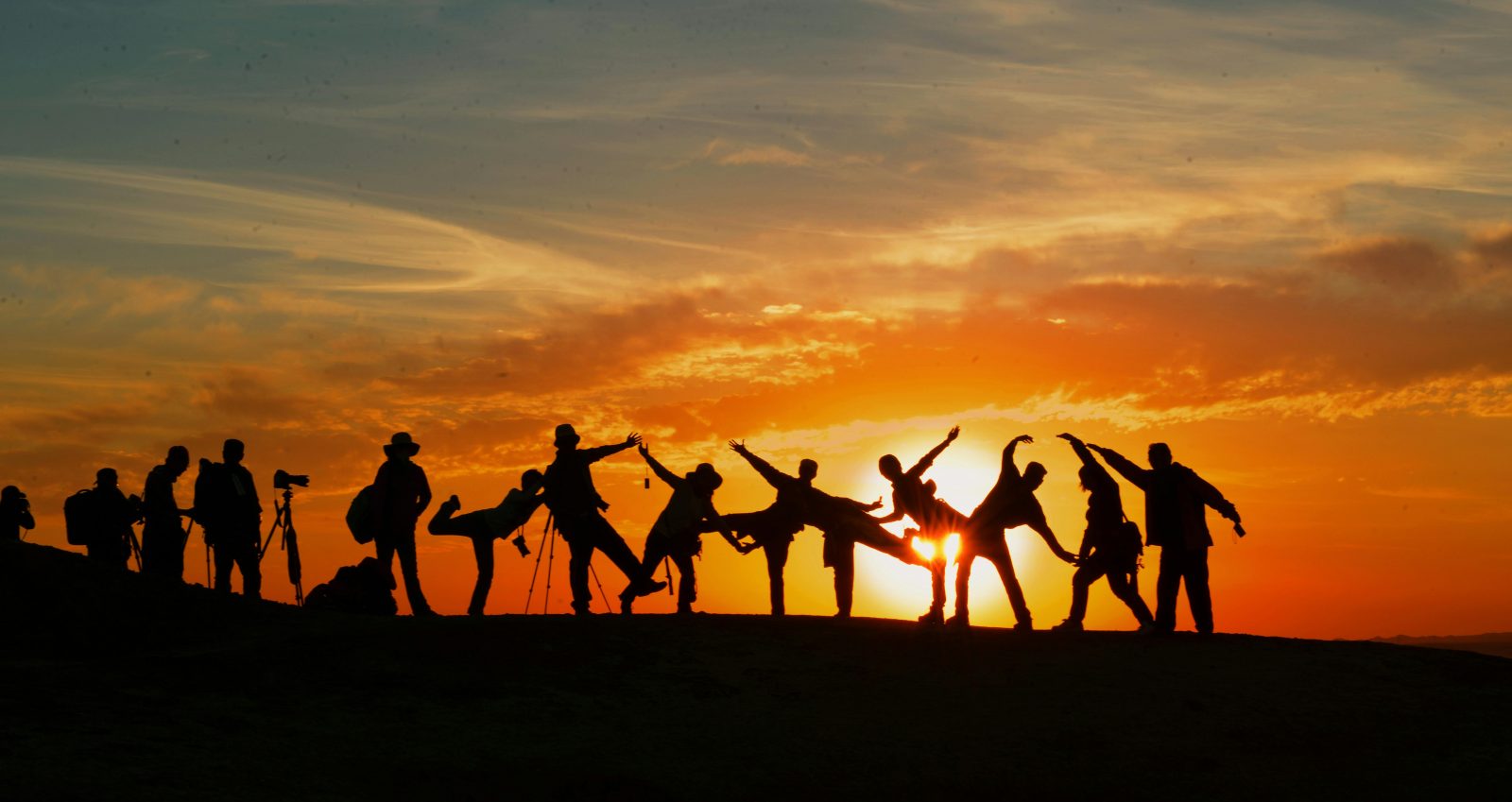In today’s competitive business landscape, effective team building has evolved far beyond traditional boardroom exercises and trust falls. Modern organisations are discovering that the most impactful team-building experiences happen when employees step outside their comfort zones and engage in activities that challenge them physically, mentally, and socially. These innovative approaches not only strengthen workplace relationships but also develop crucial skills that translate directly into improved productivity and collaboration.
Why Traditional Office-Based Team Building Falls Short
Conventional team-building activities often fail to create lasting bonds between colleagues. Conference room exercises, whilst well-intentioned, can feel forced and artificial, limiting genuine interaction and engagement. When employees remain in their familiar work environment, they tend to maintain the same hierarchical structures and communication patterns that exist during regular working hours.
Research consistently shows that memorable experiences create stronger emotional connections between team members. By removing the constraints of the office environment, employees can interact more authentically, revealing different aspects of their personalities and building trust through shared challenges and achievements.
Adventure-Based Team Building Activities
Outdoor Challenges and Adventure Sports
Outdoor adventure activities provide excellent opportunities for teams to work together whilst facing exciting challenges. Rock climbing, for instance, requires team members to communicate effectively, trust one another completely, and support each other through difficult moments. Similarly, white-water rafting demands coordination, quick decision-making, and collective problem-solving under pressure.
High ropes courses and zip-lining experiences push individuals beyond their comfort zones whilst requiring teammates to provide encouragement and support. These activities naturally break down barriers between different levels of management and create shared memories that strengthen workplace relationships long after the event concludes.
Action-Packed Combat Sports
Combat simulation activities like laser tag and paintball offer unique team-building opportunities that combine strategy, communication, and friendly competition. Bristol paintballing venues, for example, provide professionally designed courses that challenge teams to work together tactically whilst enjoying an adrenaline-fueled experience that’s completely different from their daily work routine.
These activities encourage natural leadership to emerge, improve strategic thinking, and demonstrate how effective communication can determine success or failure in high-pressure situations. The competitive element adds excitement whilst the team-based nature ensures everyone must contribute to achieve victory.
Creative and Cultural Experiences
Cooking Classes and Culinary Challenges
Collaborative cooking experiences offer teams the chance to create something tangible together whilst developing patience, communication, and delegation skills. Whether it’s a professional chef-led masterclass or a competitive cooking challenge, these activities require team members to coordinate their efforts, share resources, and support each other through the creative process.
The shared meal at the end provides a natural opportunity for relaxed conversation and relationship building, creating positive associations between teamwork and reward.
Arts and Crafts Workshops
Creative workshops such as pottery classes, painting sessions, or sculpture building encourage team members to express themselves differently whilst working towards common goals. These activities are particularly effective for teams that include both extroverted and introverted personalities, as they provide multiple ways to contribute and engage.
The collaborative nature of many art projects requires negotiation, compromise, and creative problem-solving, all of which are essential workplace skills that transfer directly to professional projects.
Problem-Solving and Mental Challenges
Escape Rooms and Puzzle Challenges
Escape rooms have become increasingly popular for team building because they require diverse skills and perspectives to succeed. Teams must communicate clearly, delegate responsibilities based on individual strengths, and work under time pressure to achieve their objective.
These experiences highlight the importance of listening to all team members’ ideas, as the solution often comes from unexpected sources. They also demonstrate how different thinking styles can complement each other when working towards a common goal.
Treasure Hunts and Orienteering
Location-based challenges such as treasure hunts or orienteering exercises combine physical activity with mental stimulation. Teams must navigate unfamiliar environments, solve clues, and make decisions collectively whilst managing their time and resources effectively.
These activities often reveal hidden talents and skills that may not be apparent in the office environment, helping team members appreciate each other’s diverse capabilities and contributions.
Community Service and Volunteering
Environmental Projects
Participating in environmental conservation projects allows teams to work together towards meaningful goals whilst contributing to their local community. Tree planting, beach cleaning, or habitat restoration projects provide opportunities for collaboration whilst creating positive social impact.
These activities often generate strong emotional connections between team members as they share in the satisfaction of making a real difference to their environment and community.
Charity Fundraising Events
Organising and participating in charity events requires teams to plan, coordinate, and execute complex projects together. Whether it’s organising a fun run, hosting a charity auction, or participating in sponsored challenges, these activities develop project management skills whilst strengthening team bonds through shared purpose.
The sense of achievement that comes from successfully raising money for worthy causes creates positive associations with teamwork and collective effort.
Measuring the Impact of Off-Site Team Building
Successful team-building initiatives should be evaluated based on their long-term impact on workplace dynamics and performance. Key indicators include improved communication patterns, increased collaboration on projects, reduced workplace conflict, and enhanced employee satisfaction scores.
Regular feedback sessions following team-building activities help identify which approaches work best for specific teams and organisational cultures. This information can then inform future team-building strategies and ensure continued investment in activities that deliver measurable results.
Planning Effective Off-Site Team Building
Choosing the Right Activities
Selecting appropriate team-building activities requires careful consideration of team dynamics, individual preferences, and physical capabilities. The best programmes offer variety and choice, ensuring all team members can participate meaningfully regardless of their comfort levels or personal interests.
Consider mixing high-energy activities with more reflective experiences, competitive challenges with collaborative projects, and physical activities with creative or intellectual pursuits to create a well-rounded programme that appeals to diverse personalities and learning styles.
Logistics and Safety Considerations
Professional planning and risk management are essential for successful off-site team building. This includes conducting thorough risk assessments, ensuring appropriate insurance coverage, and selecting reputable activity providers with strong safety records and qualified instructors.
Clear communication about expectations, dress codes, and physical requirements helps ensure all team members can participate confidently and comfortably.
The Long-Term Benefits of Innovative Team Building
Teams that regularly engage in diverse, challenging, and memorable experiences together develop stronger relationships, improved communication skills, and greater mutual respect. These benefits extend far beyond the activities themselves, creating more cohesive, productive, and resilient teams that can handle workplace challenges more effectively.
Investment in creative team-building experiences demonstrates organisational commitment to employee development and wellbeing, contributing to improved retention rates and enhanced company culture. When employees feel valued and connected to their colleagues, they’re more likely to remain engaged, motivated, and committed to achieving shared organisational goals.
By moving team building beyond the confines of traditional office activities, organisations can create transformative experiences that build lasting connections, develop essential skills, and contribute to long-term business success.





